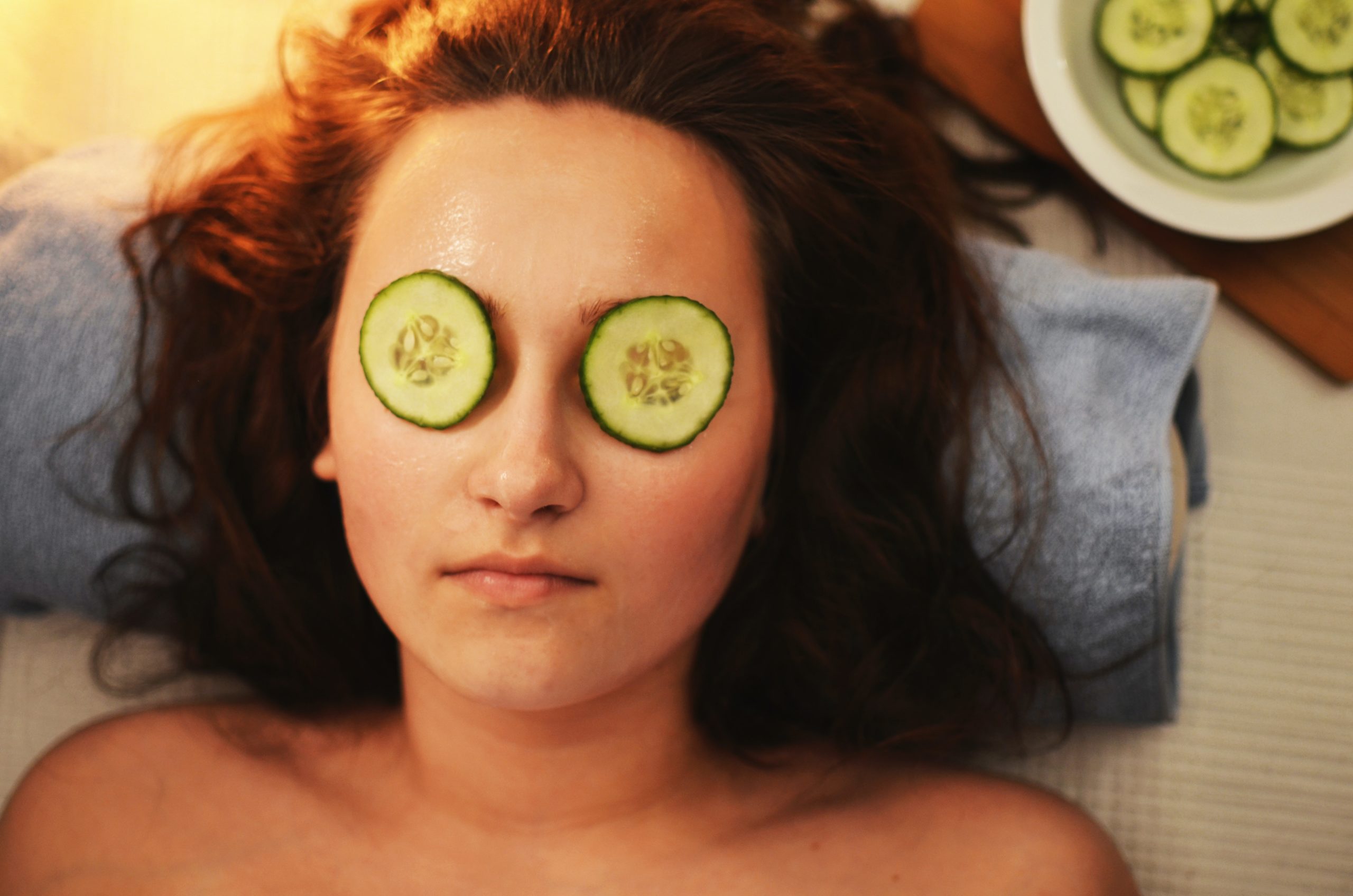Most people understand that the healthcare care industry is a demanding field that asks a lot of its workers. And the recent times sure haven’t helped with clinician stress-levels. But even in “normal conditions,” healthcare workers (particularly physicians) experience heightened work-related stress levels.
Work-related stress can be amplified because of a variety of factors including:
- the constant role of needing to take care of others
- managing a practice
- job-instability
- financial concerns
- patients missing appointments
- work overload
- dealing with clinical errors
- the lack of time (or perceived time) for self-care
- perceived helplessness
- isolation
- and much more
These contributing factors can lead to depression, burnout, compassion fatigue, substance abuse, and even suicide compared to the general population.
Approximately 10-15% of medical doctors alone will abuse substances at some point in their careers as a result of stress and easy access to medication, especially clinicians who specialize in anesthesiology, emergency medicine, and psychiatry. In fact, a 2013 study revealed that 69.1% of the 55 participants admitted to abusing prescriptions at some point in their careers, citing stress as a significant factor.
Even worse, the suicide rate among clinicians is quite high in this taxing industry, especially when substances are involved. American male physicians are 1.41 times higher than the general male population, and female physicians are 2.27 times greater than the general female population to commit suicide.
That’s why it is important for clinicians to manage their stress through healthy channels like self-care routines, community support, and psychotherapy when needed.
Recognizing Your Stress: The First Step to De-stressing
As you know, when you’re anxious or in a constant state of worry, the body can get stuck in “fight or flight” mode. In other words, your adrenal glands to go into overdrive, pumping the body full of cortisol and other hormones at a constant clip to help the body prepare for and deal with any perceived impending danger.
Sure, it’s good to know that your body works as it is supposed to. But on the other hand, it’s detrimental to your health to constantly be in a state of hypervigilance.
That’s why it is important to recognize the tell-tale signs that your cortisol is working in overdrive.
Pay attention to these stress warning signs:
- sleeplessness
- racing or intrusive thoughts & distractibility
- heightened sloppiness (at work or at-home)
- binging food, substances, sex, or entertainment
- headaches and/or neck pain
- heart palpitations
- gastrointestinal problems
- Shortened temper or feeling more “emotional”
While these symptoms can be normal, if they persist more than 2-weeks, consider seeking treatment.
Get ongoing professional support 
Think Longevity in Terms of Stress Management
While anxiety and stress relievers such as “wine therapy,” binge eating, “retail therapy,” and Netflix binge-watching can provide short-term solutions for stress; it’s crucial to develop sustainable, long-term solutions for maintaining a sense of calm. These activities do little more than offering temporary relief from your worries. But you need long-term solutions. Your body will thank you.
Bottom line: It’s important to choose stress-relieving techniques and stress management activities that nourish you.
5 healthy stress management tips for clinicians

Try these 5 easy stress management tips to regain a feeling of control.
1. Take your own medical advice
We know that self-care can be difficult, but how can you take care of yourself if you are not taking care of yourself? As a clinician, you know deep down that healthy eating, adequate sleep, good hygiene, exercise, and mindfulness activities are the cornerstones of health. Sure, downing a hotdog from the commissary might offer some comfort, but it’s not going to sustain you for long. But healthy habits will have lasting results.
When we’re stressed, we don’t tend to take long, slow, deep inhales and exhales. However, it is possible to relieve stress in a long-lasting way through the breath. Partaking in some deep, diaphragmatic breathing can have lasting effects on lowering cortisol levels. This can be achieved by both deep breathing meditation techniques and cardio sports.
Just remember, you don’t need an expensive zafu cushion or a fancy gym to get started. Simply try sitting quietly for as little as three minutes a day or taking a brisk walk around the block without a radio to interrupt your thoughts. You can try the Headspace or Calm apps for simple, guided meditations you can do from home or search for Thich Nhat Hanh or Alan Watts’ guided meditations on YouTube.
2. Find ways to control what you can
One of the most stressful things about stress is the feeling of being out of control. That’s why mental health clinicians often give small exercises that offer a sense of control like accomplishing easy-to-do items on a list like brushing your hair or making your own cup of coffee. While these are small details in the grand scheme of things, when a person is overwhelmed, these “small wins” can feel huge. Of course, don’t sell yourself short with only easy items. But these checklists that start small and gradually increase with difficulty can be an excellent stress reliever for those under duress.
In your clinic, you can also focus on the little things like dusting a shelf, arranging important papers, and washing the linens. You can also designate 1-3 hours for non-urgent requests like scheduling appointments, refills/ product purchases, writing “sick notes,” etc.
Essentially, you can regain the feeling of control by controlling what is in your power.
3. Join a supportive community
Group therapy and peer-led support groups have served as a venue for people to come together to help one another get through a similar crisis since at least the early 1900s in the United States. Alcoholic Anonymous (AA), Narcotics Anonymous (NA), and National Alliance on Mental Illness (NAMI), and LGBTQ+ groups are among the most well-known peer-led support groups. However, you do not have to be suffering from addiction, a mental health issue, or have a sexual identity concern/interest in order to benefit from a supportive community. There are countless support groups specifically tailored to clinical burnout, telehealth or online COVID-19 related groups for health providers, physician recovery support groups, and other physician-related support groups. You can call your health insurance to get more information about groups that may be included in your plan.
Additionally, you can join professional groups online like CBD CLINIC’s Professionals Group or niche-specific groups on Facebook like the Massage Therapist public group. These specialized groups can help you feel less isolated. They may even help you find humor in your stressful situations, particularly if you deal with many awkward moments in your profession. Likewise, these groups can inadvertently serve as great avenues for acquiring new skills.
You can also join a gender-specific group in order to foster authenticity, limit dating distractions (barring sexual-orientation nuances), and invite gender-specific concerns to the table for discussion. You can find groups tailored to your interests like ana woman-identified singing circle or a men’s spiritual group to add more value to your group experience.
No matter why you choose a community and what you choose, it’s important to find the right fit that works for your needs. Before you start looking for a community, ask yourself what you need help with. It is also worth noting that helping others can also help you heal your emotional wounds.
4. Find healthy ways to relax
 Nothing says self-care like a day of pampering or creating.
Nothing says self-care like a day of pampering or creating.
In many states, hair salons, nail salons, and barbershops are still closed. But that doesn’t mean you can’t pamper yourself at home. So, why not treat yourself to some hair, skin, and nail love in the comfort of your home while relieving a little stress at the same time?
Light some candles, draw a bath, and drop in a soothing bath bomb or a few drops of calming essential oil like geranium, rose, sandalwood, jasmine, chamomile, patchouli, or the ever-popular lavender. You can also go smaller scale with a foot bath in order to soak your stress away before giving yourself a pedicure.
If you are the creative-type, you can try making your own DIY bath oils or scrubs for a litter R&R.
Here’s one of our favorite recipes.
Lavender Bath Scrub With CBD Oil

Make a lavender bath scrub with sugar, lavender essential oil, coconut oil or jojoba oil, CBD oil, and lavender buds.
- 2 Cup Cane sugar
- 1/2 Cup Coconut oil or jojoba oil
- 1 Tbsp CBD oil
- 1 Tbsp dried lavender flowers
- 20-30 drops lavender essential oil
-
Mix the dry ingredients together in a bowl
-
In a separate bowl, combine the wet ingredients and stir.
-
Add the wet ingredients slowly to the dry ingredients as you stir them together
-
Pour the mixture in your favorite jar and store in a cool, dry place.
-
Scoop a spoonful or two in your bath for a relaxing experience.
Note: Essential oil can tarnish metal and degrade ingredients. We highly recommend that you avoid using metal when you make your bath scrub for this reason.
Create Your Own Labels
If you have an artistic flair, try hand-drawing your own designs on paper labels to make the product truly your own unique creation. You can use a small, thin sharpy to draw lovely line drawings of plants or write your name with style. You can also draw on regular blank paper and affix it to the jar with clear packing tape. Just be sure to cover the paper entirely, with 1/2 an inch or so of extra tape past the edges. This will make the label waterproof and ready for the tub.
Not a DIY-er. No problem. You can use any of our aromatherapy oils, creams, or ointments on yourself, including making the unscented formula your own by adding your favorite essential oils that invite a feeling of calmness.
5. Unplug
 One of the best ways to manage stress is to take yourself offline. Sure, staying well-informed during a time of crisis is a good idea…to a point. But tuning in to hour after hour of news and press conferences and interviews with experts can take a toll on your mental well-being. Moreover, studies have shown that excessive screen time can negatively lead to anxiety and depression, particularly among young adults and adolescents (Most of these studies were conducted on children, so more research is needed on adults to verify similar results).
One of the best ways to manage stress is to take yourself offline. Sure, staying well-informed during a time of crisis is a good idea…to a point. But tuning in to hour after hour of news and press conferences and interviews with experts can take a toll on your mental well-being. Moreover, studies have shown that excessive screen time can negatively lead to anxiety and depression, particularly among young adults and adolescents (Most of these studies were conducted on children, so more research is needed on adults to verify similar results).
Additionally, screentime right before bed has been associated with interrupted circadian rhythms, suppressing your body’s release of melatonin, and other effects that can interfere with a healthy sleep cycle. And if you are not sleeping, you are inviting yourself to a host of symptoms that will only compound your stress from physical illness to plain exhaustion.
So try limiting yourself to 1-2 hours of daily screen time and try your best to avoid screentime right before bed.
When to Seek Help
We hope that you gained a few useful stress management skills from reading this post. However, if you think you’ve exhausted your options in terms of trying all the stress management techniques available to you or you simply know you’d feel better talking to someone about your anxiety, then reach out for help. Your primary care physician will be able to recommend a therapist.
You can also take advantage of therapy apps, such as Talkspace, which allows you to talk with a therapist via phone, video, or chat.
Bottom line: To provide the best treatment for your patients or clients, you need to take care of yourself, first.

